Best movies like Lost Children
A unique, carefully handpicked, selection of the best movies like Lost Children Starring Gustáv Valach, Stanislav Fišer, Vladimír Hlavatý, Alena Vránová, and more. If you liked Lost Children then you may also like: Valmont, Warriors of Faith, Why?, On the Comet, Jan Hus and many more popular movies featured on this list. You can further filter the list even more or get a random selection from the list of similar movies, to make your selection even easier.
Lost Children (Czech: Ztracenci) is a Czechoslovak war film directed by Miloš Makovec. It was entered into the 1957 Cannes Film Festival.
You may filter the list of movies on this page for a more refined, personalized selection of movies.
Still not sure what to watch click the recommend buttun below to get a movie recommendation selected from all the movies on this list
Why?
Why? (Czech: Proč?) is a 1987 Czechoslovak drama film directed by Karel Smyczek. It was screened in the Un Certain Regard section at the 1988 Cannes Film Festival. The film deals with the hooliganism in Czechoslovakia, particularly with the fans of football club Sparta from Prague, whose supporters were the pioneers of the football fan riots in Czechoslovakia, starting with hooligan actions already in the 1960s, like breaking the trains in which they travelled when they went on Sparta's away games. The film deals with one of such episodes
On the Comet
When a comet passes the Earth very closely, it pulls a small part of North Africa, and a small swathe of humanity, along with it.
A Step into the Darkness
A dashing but mysterious man saves a gambler from suicide, crashes the posh party of a prominent industrialist, falls in love with his daughter, and finds himself in a web of intrigue revolving around her blackmailing fiance and a gang of counterfeiters.
Case for a Rookie Hangman
Lemuel Gulliver (Lubomír Kostelka) has had a car accident and continues his journey across the unknown countryside on foot. On the road he finds a dead rabbit dressed like a man and takes a watch from its waistcoat breast pocket. The half-ruined house that he enters reminds Lemuel of his childhood and brings up a painful memory of a dearly loved girl Markéta who was drowned years ago. Gulliver finds himself in Balnibarbi, a country where he doesn't understand the laws and habits and so continually offends against public decency. It is a day when people are ordered to keep their mouths shut and they force their visitor to follow suit. He faces harsh interrogation and finds it difficult to explain that he is not the rabbit Oscar whose watch has been found in his possession.
The Cremator
In 1930s Prague, a Czech cremator who firmly believes cremation relieves one from earthly suffering is drawn inexorably to Nazism.
The Snowdrop Festival
This movie is based on texts of Bohumil Hrabal, world-known Czech prosaic. It's a story (in a form of a mosaic of short episodes and pictures) about the sadness and happiness of inhabitants of Kersko (Kersko is a small woody area full of cottages and roods). These people are both simple and sensitive, they have their own pleasures (e.g. Leli is a collector of cheap, but inutile things) and the greatest delight of all of them is a hunting. Crude poetics of amateur hunting is screened by dreamy pictures of this area. Menzel mixes sentimental lyricism and rough (but not vulgar!) humor and the outcome is the never-ending landscape of continuous life in the proximate nearness of nature. The performances of actors are brilliant. Both Rudolf Hrusinsky as a Franz and Jaromír Hanzlik as a Leli have nonrecurring charm bottomed on a pain and inebriation. Only the music is not perfect: Jiri Sust usually assembled his film music from his older works and in this movie there is many quotations.
The White Lady
This castle has its own ghost - a mysterious White lady. She emerges from the painting on the wall when someone speaks out magic formula. White lady is good ghost, she can make someone's wishes true. Even if it is a new duct. But a miracle is not the thing that Communist leaders want in the town.
The Fabulous Baron Munchausen
The 20th century's first man lands on the moon and discovers - that Baron Munchausen has already beaten him to it, along with Cyrano and characters from Jules Verne's lunar-landing novel. The Baron spirits the young cosmonaut by horse-drawn ship back to an ancient "Earth", where they insult a sultan, rescue a princess, fall in love with the princess, and then as a trio have further experiences in a world of pastel colors, ornate dreamlike settings, and the inevitable angry disrupters of peacefulness and love.
Legend of Love
A spring is hidden in the Iron Mountain but the people of Arzen cannot get to it and they are suffering from thirst.
The Emperor's Nightingale
Adaptation of a fairy tale by Hans Christian Andersen, about an emperor who prefers the tinkling of a bejeweled mechanical bird to the song of a real nightingale. When the Emperor is near death, the nightingale's song restores his health.
Romeo, Juliet and Darkness
Pavel, a young student living in Prague in 1942, hides a Jewish girl in his apartment building's attic. Amidst the brutality of the occupying German army, love blossoms between the two. He is her only link to the outside world. Then the two are discovered by Pavel's mother, who forces the residents of the apartment building to decide whether Hana can remain.
Old Czech Legends
A monumental piece of art bringing the heroes of the ancient Czech myths back to life. The picture consists of seven parts: Cech the Forefather, Bivoj, Libuse, Premysl, Girls War, Horymir, Lucka War.
Prague Nights
A stuffy middle-aged foreigner, a businessman named Fabricius, lonely and looking for a night's diversion, finds it in the form of a mysterious blonde. In an abandoned cemetery, she tells him three tales involving black magic and erotic obsession. In "The Last Golem," a young rabbi struggles to fashion a massive, silent giant out of living clay — until he's distracted by a mute servant girl. In the second episode, "Bread Slippers," an 18th-century countess indulges her passion for sweet cakes, adulterous affairs, and secret kisses with pretty maids until a mysterious visitor whisks her away to an abandoned mansion, where Fate has a different kind of dance in store for her. And in the final story, "Poisoned Poisoner," a ravishing murderess in the Middle Ages dispatches lecherous merchants to the tune of upbeat '60s Czech pop songs.
Against All
After the battle of Sudoměř the Hussite teaching spreads through the whole country and people start leaving their homes to help build the fortification of Tábor. Prague citizens request help against the army of Zikmund. The Hussite army with Jan Žižka in the lead make their way towards Prague. They fortify themselves on the mountain Vítkov and engage in a bloody battle with Zikmund’s huge army.
Lost in Pajamas
Tanya, a 10-year-old Russian tourist traveling with her parents from Prague to Brno, is left behind in a foreign country. Tanya leaves her compartment when the train stops because of a cow. Disobeying her parent's instructions, she gets off the train to investigate, lingers too long, and is left behind. Cold, lonely, and clad only in her pajamas in the unfamiliar countryside, the girl is relieved to meet up with two rather nervous Czech boys camping out together for the first time. At first the would-be "cowboys" are frightened by her ghost-like appearance. After hearing her story, the boys find Tanya a dress to wear and accompany the girl on foot to her final destination, Brno.
The Good Soldier Švejk
Good-natured and garrulous, Švejk becomes the Austrian army's most loyal Czech soldier when he is called up on the outbreak of World War I -- although his bumbling attempts to get to the front serve only to prevent him from reaching it. Playing cards and getting drunk, he uses all his cunning and genial subterfuge to deal with the police, clergy, and officers who chivy him toward battle.
The Strike
In late 19th century Czech-speaking Bohemia, oppressed workers at German-owned mines and foundries revolt against their harsh working conditions. Made shortly after World War II as Czechoslovakia was falling to communism, the film resonates in Czech resentment of the German occupation.
Dog's Heads
Dog's Heads (Czech: Psohlavci) is a 1955 Czech drama film directed by Martin Frič, based on the novel of the same name by Alois Jirásek. It was entered into the 1955 Cannes Film Festival.







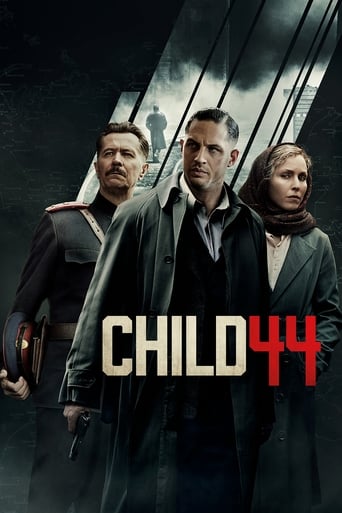




























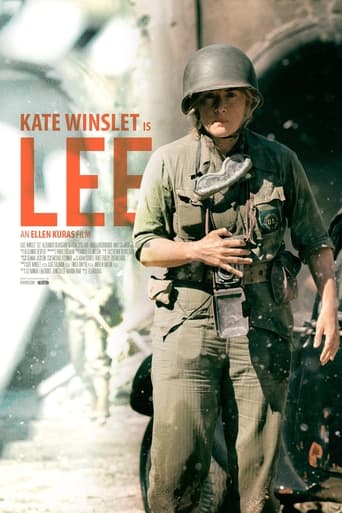
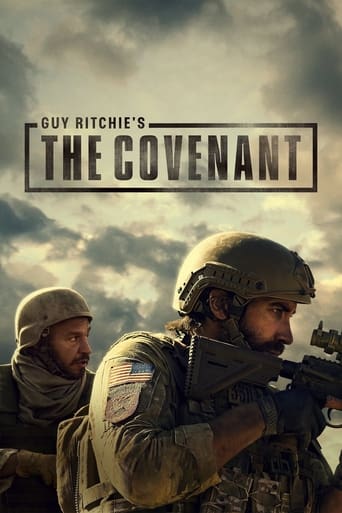
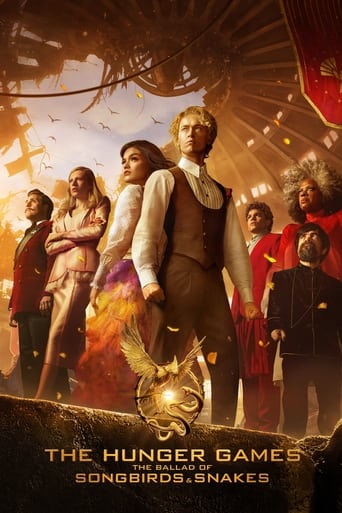
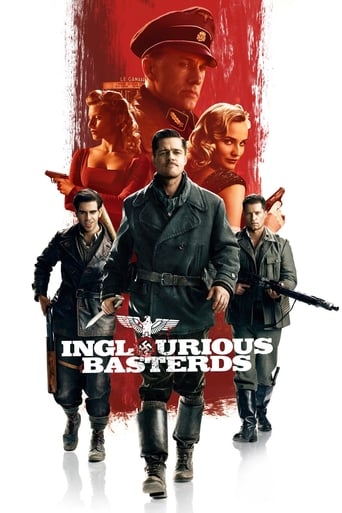

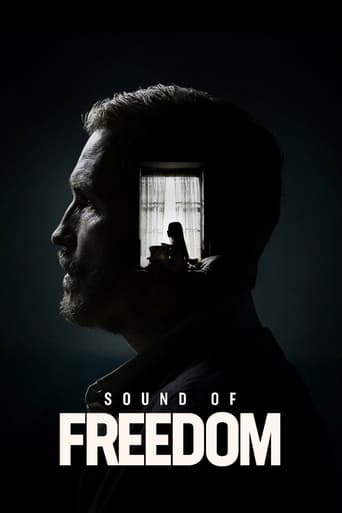
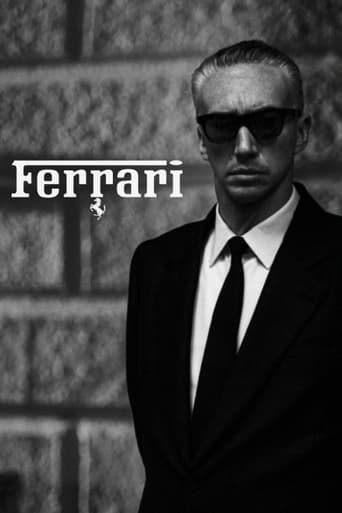
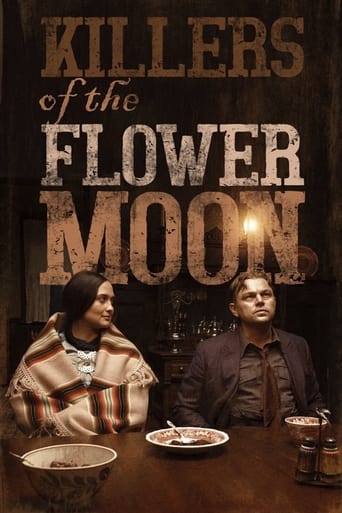
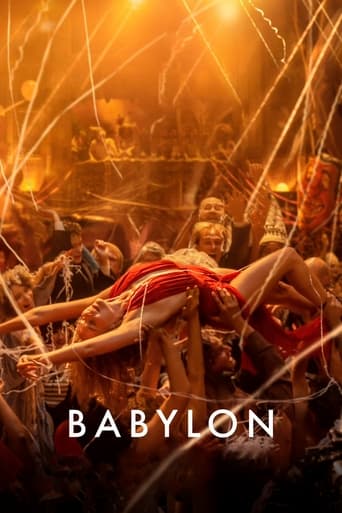
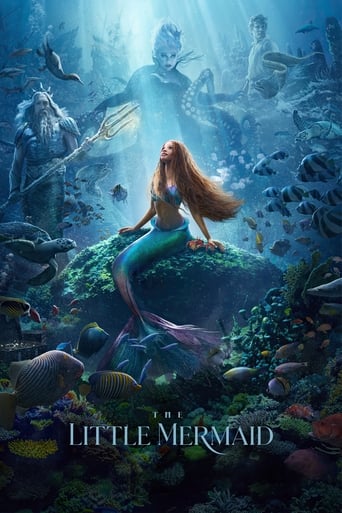
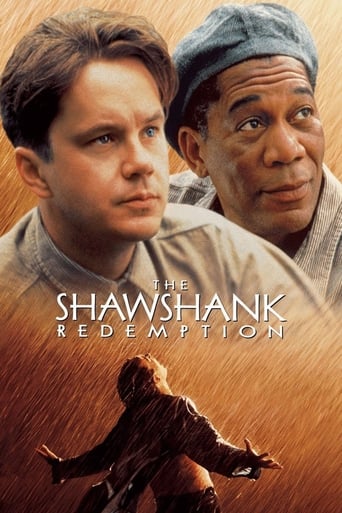
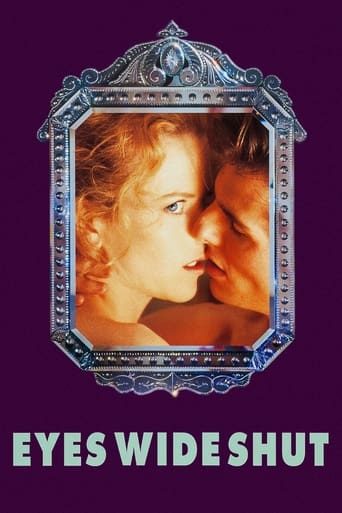
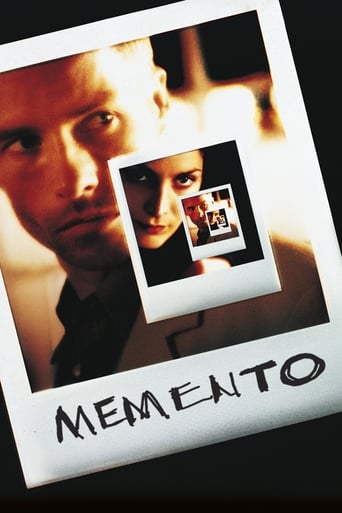
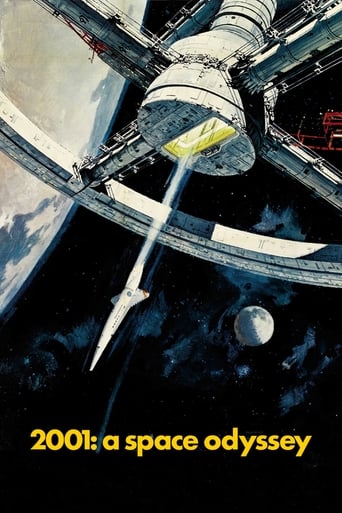
Valmont
Set in Baroque France, a scheming widow and her lover make a bet regarding the corruption of a recently married woman. The lover, Valmont, bets that he can seduce her, even though she is an honorable woman. If he wins, he can have his lover to do as he will. However, in the process of seducing the married woman, Valmont falls in love.